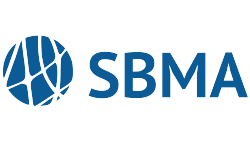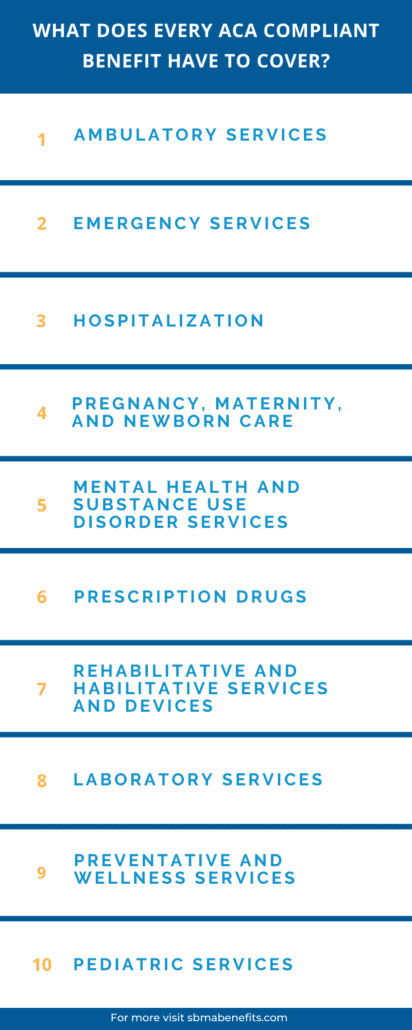The IRS will be issuing more ACA employer penalties
“ACA reporting for the 2021 tax year may not be top of mind for employers right now, but that doesn’t mean you shouldn’t be aware of the penalties being assessed by the IRS for non-compliance with the Employer Mandate.
Under the ACA’s Employer Mandate, Applicable Large Employers (ALEs) organizations with 50 or more full-time employees and full-time equivalent employees) are required to offer Minimum Essential Coverage (MEC) to at least 95% of their full-time workforce (and their dependents) whereby such coverage meets Minimum Value (MV) and is Affordable for the employee or be subject to Internal Revenue Code (IRC) Section 4980H penalties.
The IRS is currently issuing Letter 226J penalty notices to employers identified as having failed to comply with the ACA’s Employer Mandate for the 2018 tax year. Each Letter 226J penalty notice will contain either a 4980H(a) or 4980H(b) penalty amount.
The “A” penalty, also known as the “hammer penalty’ is triggered when an ALE fails to offer Minimum Essential Coverage (MEC) to at least 95% of its full-time workforce and their dependents and had at least one full-time employee receive a Premium Tax Credit (PTC) from a state or federal health exchange. For the 2018 tax year, the annualized penalty amount per employee for 4980H(a) is $2,320.
The 4980H(b) penalty is triggered if the healthcare coverage does not meet Minimum Value and/or is not affordable. The “B” penalty is triggered by each full-time employee who receives a PTC from a state or federal health exchange. Unlike the “A” penalty, the “B” is calculated on a per-employee basis. The 4980H(b) annualized penalty for the 2018 tax year is $3,860 per employee.
For more information on Letter 226J penalty assessments, download our free What is Letter 226J? guide.
Employers should know that a recent audit report from the Treasury Inspector General found the IRS had calculated proposed ESRPs of over $15B in penalties for 2018, more than double the amount calculated in 2015. That same TIGTA report also recommended that the IRS increase its enforcement efforts to ensure they are collecting penalties, even from those who complied but filed inaccurate reports. With Biden requesting additional funding for IRS enforcement efforts, the agency is gearing up to make good on the recommendation to improve its process for identifying ACA non-compliance.
Employers should also be aware that the IRS is issuing ACA penalties beyond Letter 226J. Failing to meet ACA-mandated deadlines under IRC 6721/6722 could result in penalty assessments via Letter 972CG or Letter 5005-A, which the IRS is currently issuing for the 2017 tax year.



